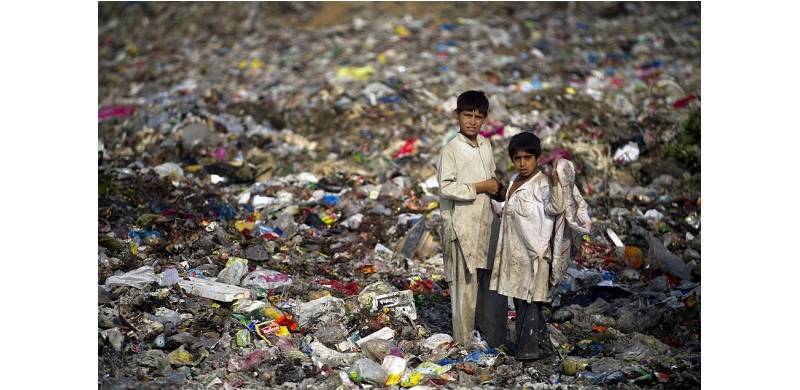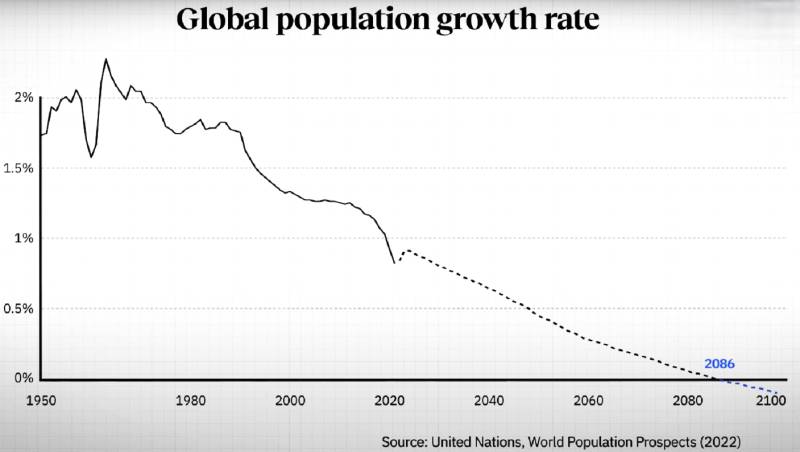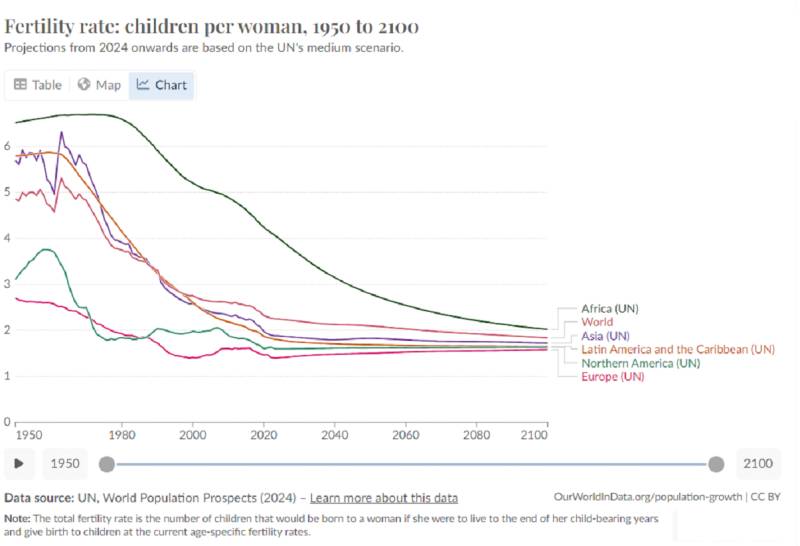
From Adam and Eve, all the way to Mark Zuckerberg and Steve Jobs, humans have come a long way in building societies. From living as hunter-gatherers and pastoralists to full-fledged agriculturalists, we are finally living in a post-industrial digital society. It's the only organism on planet Earth that has changed its niche in the ecosystem multiple times.
Species, usually, are a product of an interaction with their environment. But unlike other species which inhabit the planet, humans interact with their environment in a bidirectional manner: We adapt to the environment through natural selection, but we can also modify our environment in a process known as niche construction. The human ecological niche is constructed largely based on socially learned behaviours that are transmitted from generation to generation.
Until the 18th century, human societies across the world lived a marginal life with what was needed for a proximal future. An average human had what he needed the most in his life. But in the middle of the 18th century humans observed an epochal change.in North-West Europe, particularly in England. Economies began to expand, and wages began to rise. Now, humans can afford more than the marginal ingredients needed for simple sustenance.
The age of the Industrial Revolution not only brought more money to spend, more disparities between the rich and the poor, but also the unending desire of humans to possess more
In the post-industrial age, humans have once again changed their niche in the environment. The niche humans hold today in the ecosystem has become unsustainable for the planet. The way humans live today has reduced the biomass of mammals other than humans to only a fifth of what it was thousands of years ago. According to a study, almost 96% of all mammal biomass now comprises humans and livestock, which has grown to 11 times what all mammal biomass on Earth was 10,000 years ago.
Over-Population: Debunking the myth
Environmental degradation is often attributed to the fact that humans are multiplying at a rate that our present resources cannot support. But this is not entirely true if you dig a bit deeper. We always consider the population as a snowball rolling down a hill, accumulating snow while it descends, but that is not true.
The rhetoric of Overpopulation as the sole driver of the Environmental crisis will be the oil for the cogs of Capitalist machines for more time to come
Demographic studies shows that in the last 100 years, the human population has been growing, but it is not growing exponentially. Rather, of late, it has been growing at a decreasing rate.

This slowdown is owed mainly to a declining fertility rate across the world. The exception to this generality is found in low- and middle-income countries, where the literacy rate is not high.
So, can it be concluded that these poor and illiterate people are the ones who are the problem and are degrading the environment? Not really.

If you look even closer, you will see that the middle income or low-income countries and their population are growing at a faster rate than the populations in Western and first-world states. What we often overlook is that the states with a rapidly growing population have negligible CO2 emissions, and none of these states have a CO2 per capita emissions close to the levels high-income states such as China, European Union and the US are producing. It means that these states can pack people much more than they have right now and still won't have any degrading effect on the environment. It's not the population to blame but rather our niche in the ecosystem, Our way of life.
Consumerism: The best-kept secret of capitalism
Our current resources are sufficient to eradicate poverty and sustain the growing human population if resources are allocated equally. Advanced agricultural techniques have quadrupled agricultural yield since the Industrial Revolution. The problem lies in food production methods, unsustainable practices and techniques that cause environmental degradation. The real problem arises when humans desire to possess more than they need: multiple cars, homes, massive carbon footprints and massive waste.
People buy simply because they feel connected to the world and its trends, even if they don't need it all. Consumerism is like an addiction, driven by our primal desire to 'be not left alone'. Humans are afraid when they are alone. To fit in, to associate with others around us and to be a part of the 'In-Group', we are unwittingly brainwashed by the sub-lineal messages of the capitalists via media, television, paper or through interaction among individuals. According to a study, an average American spends $18,000 on mass consumption of things they don't need.
Through advertisements, we are constantly told to have more, want more, possess more, and desire more. An average person in 2024 sees three times as many advertisements as they would have seen in 2012 or 12 times more than what the generation from the 1970s would have seen. This desire of humans to consume more than needed is driving capitalism.
We can save our wallets, peace of mind and the environment by switching to ethical consumerism, which emphasises the fact that when we consume something, it's not just the product we consume but the process that made that particular product. We humans are living our lives with blinders on, not thinking about other species and our planet. The Earth can be saved, if we cut down our consumption and escape the cult of buying more than what is needed by us, which is drilled into our minds after years of advertisements. The question is: what path will humanity pursue; countering the human material ambition or counting the human population?

